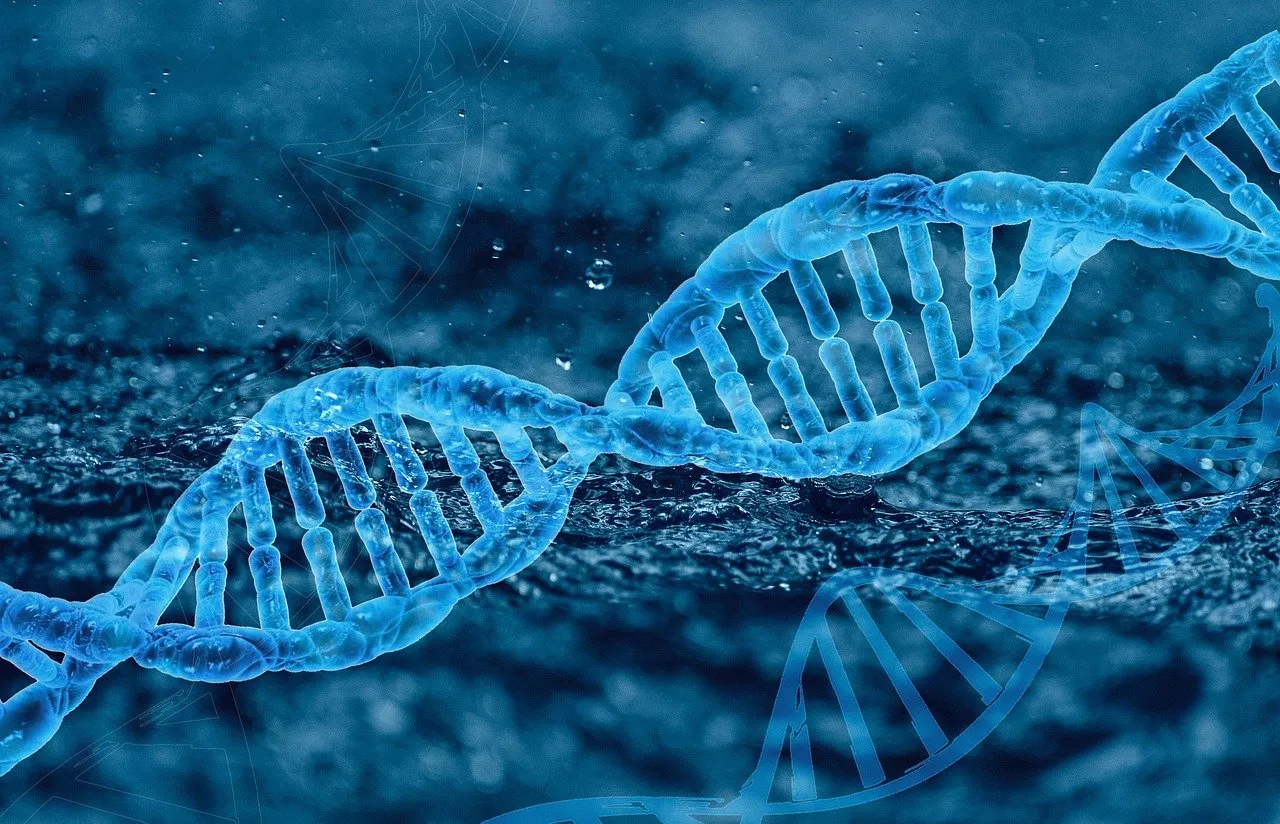In the last few decades, the rise of consumer-based genetic testing has taken the world by storm. Companies like 23andMe have empowered millions of people to discover their ancestry, connect with distant relatives, and even learn about their genetic predispositions for certain health conditions—all with a simple saliva sample. But how does it all work, and why has 23andMe become so popular? Let’s dive in.
What Is 23andMe?
23andMe is a direct-to-consumer genetic testing company that offers two primary types of reports: ancestry and health. The name “23andMe” refers to the 23 pairs of chromosomes in human DNA. Founded in 2006 by Anne Wojcicki, 23andMe has made genetic testing accessible to the masses, providing insights into an individual’s heritage and genetic traits without needing to visit a lab.
With a simple spit kit sent to your home, you can discover where your ancestors came from, gain insights into your potential health risks, and even explore fun traits like whether you are more likely to prefer salty or sweet foods.
The Ancestry Report: Tracing Your Roots
One of the most popular aspects of 23andMe is its ancestry report. With this test, users can uncover their ethnic background, often revealing fascinating details about their family history. The report breaks down your DNA into percentage estimates for different regions, providing insights into:
- Ethnicity Composition: A breakdown of where your ancestors likely lived over the last several hundred years. For example, you might find that you’re 50% Northern European, 20% Sub-Saharan African, or 10% East Asian.
- Haplogroups: These trace your direct maternal or paternal lineage, identifying ancient populations your ancestors belonged to.
- Neanderthal Ancestry: 23andMe also offers a unique feature that tells you how much Neanderthal DNA you have—an interesting tidbit that can shed light on your prehistoric origins.
- DNA Relatives: You can also connect with distant relatives in the 23andMe database, allowing you to discover family connections you never knew existed.
For those who are fascinated by history or interested in genealogy, the ancestry component of 23andMe offers an exciting peek into the migrations and lives of your ancestors.
The Health Report: Genetic Insights into Wellness
In addition to ancestry, 23andMe offers an optional health report, which provides insights into your genetic predispositions for certain health conditions. It’s important to note that this isn’t a diagnosis but rather a snapshot of potential risks based on your DNA. Here’s what you can expect from this report:
- Carrier Status: Information about whether you carry any genetic variants associated with inherited conditions like cystic fibrosis or sickle cell anemia.
- Health Predispositions: This feature highlights whether you have a genetic predisposition to certain conditions, such as Type 2 diabetes, late-onset Alzheimer’s, or Parkinson’s disease.
- Wellness Reports: These reports cover genetic factors that may affect your lifestyle, such as your likelihood of lactose intolerance, muscle composition, and even your ability to process caffeine.
- Traits: Fun insights into personal traits like whether you’re likely to have curly hair, your preference for sweet vs. salty foods, or if you’re a “morning person” based on your DNA.
23andMe’s health insights are useful for people who want to be proactive about their wellness and understand their genetic makeup. However, they should always be used as a supplement to professional medical advice.
Privacy Concerns: What You Should Know
When dealing with your personal DNA data, privacy is a significant concern. 23andMe has clear guidelines on how they use and protect your data, but there are a few things to keep in mind:
- Data Sharing: 23andMe gives users the option to participate in genetic research. This data is anonymized and aggregated, helping advance scientific understanding of genetics. However, you can opt out if you prefer to keep your information private.
- Health Insurance: The Genetic Information Nondiscrimination Act (GINA) prevents health insurers from using genetic information to discriminate against you, but it’s always good to stay informed on privacy laws.
- Law Enforcement: Although 23andMe does not share data with law enforcement without proper legal documentation, the potential for future government requests is something to consider.
Before submitting your sample, it’s essential to read the privacy policies and decide how comfortable you are with the company’s use of your data.
Pros and Cons of Using 23andMe
Like any service, there are pros and cons to using 23andMe.
Pros:
- Easy, non-invasive testing with at-home kits.
- Offers a wealth of information about ancestry and genetic traits.
- Provides insight into health predispositions, which may encourage proactive wellness measures.
- Connects users with DNA relatives, expanding family trees.
- Constantly updates reports with new scientific findings.
Cons:
- Privacy concerns about the storage and use of your genetic data.
- Health reports can create anxiety if not properly understood.
- Genetic predispositions do not account for lifestyle factors and environmental influences.
- Additional costs for full health and ancestry reports (beyond the basic kit).
How to Use 23andMe Responsibly
While 23andMe provides a wealth of fascinating insights, it’s important to approach the results with a balanced mindset. Here are a few tips:
- Health Results: Use health predisposition reports as a starting point for discussion with a healthcare professional, not as definitive diagnoses.
- Ancestry: Remember that genetic ancestry is just one piece of the puzzle. Historical records, cultural traditions, and family stories are equally important in understanding your heritage.
- Privacy: Always stay informed about how your data is being used and take advantage of privacy settings if needed.
Conclusion: Is 23andMe Right for You?
23andMe is a powerful tool for those interested in learning more about their genetic makeup, whether for ancestral discovery or health insights. It’s a fantastic option for people curious about their roots or wanting to be more proactive about their health. However, it’s essential to approach the service with a clear understanding of its limitations and potential privacy concerns.
If you’re ready to unlock the secrets hidden in your DNA, 23andMe might just be the perfect place to start.




